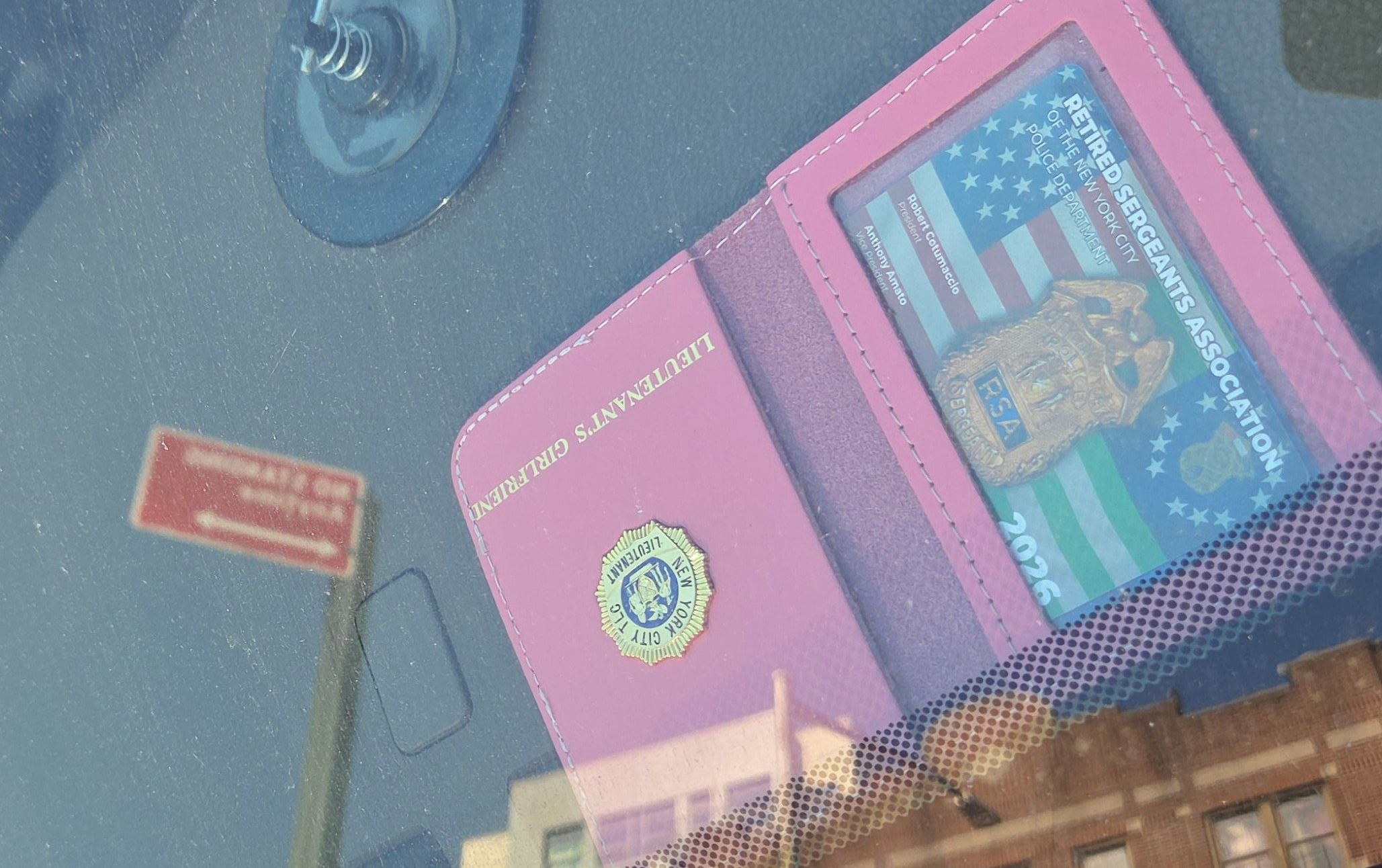 Chart: University of Vermont Transportation Research Center
Chart: University of Vermont Transportation Research CenterThe success of state-level plans to increase gas taxes is tied to the media's portrayal of the proposals in question, with narratives tied to "crumbling infrastructure" and "economic progress" showing more success than those emphasizing long-term transportation budget gaps, according to a new report released by the University of Vermont's Transportation Research Center (TRC).
The TRC report examined six states where lawmakers debated raising gas taxes to close infrastructure budget gaps between 2006 and 2009. Three of the states ultimately approved gas tax increases (Oregon, Minnesota, and Vermont) -- two of them over the opposition of the governor, as seen in the third column of the above chart -- and three of the state (Massachusetts, Idaho, and New Hampshire) nixed the proposed tax increases.
While acknowledging that "there are many possible explanations for the success and failure of gasoline tax increases at the state level," TRC researcher Richard Watts attempted to categorize the "frames" used to depict the proposals in local media as well as the Associated Press wire service.
Watts broke down the most popular media narratives by whether they emphasized arguments made by supporters or opponents of the proposed tax hikes. The most common so-called "pro frames" focused on each state's decaying infrastructure, which would be in line for a boost thanks to new gas tax revenues; the economic upside of improving travel times and creating jobs by pursuing more gas tax-funded repair projects; and the long-term benefits of solving persistent budget crises by raising fuel fees.
Watts also marked off three frequently used "anti frames": broad opposition to tax increases of any kind; a perceived public preference for cutting other government spending before resorting to raising taxes; and the economic downside of raising fuel charges during a recession.
The report did not show an across-the-board correlation between positive portrayals of higher gas taxes and the ultimate passage of state-level proposals to that effect. As seen in the above chart, media coverage in five out of the six states studied featured a majority of "pro frames," yet two of those states failed to act on gas tax legislation.
But the nature of the media narratives used did appear to have an effect on the success of state-level tax increases. From Watts' report:
In Vermont and Minnesota, crumbling infrastructure comprised the majority of the pro-gas tax frames. This is a powerful frame that carries images of collapsing bridges, aging and deteriorating roadways, threats to physical health and a system in dire jeopardy. ...
In Massachusetts and Idaho the dominant pro-gas tax frame was long-term solution – displayed about 75 percent of total pro-gas tax frames. This frame emphasized funding and financial mechanisms and lacks the imagery of crumbling infrastructure. In both states the debate in the news discourse became about transportation system funding, not the deteriorating system.
Another wild card, according to Watts' research, was the "media standing" of the public figures making pro- or anti-gas tax arguments. In Massachusetts, for example, he found insufficient data to explain the source of the media's emphasis on the more wonkish "long-term solution" frame -- whether it was also the dominant narrative of Gov. Deval Patrick (D), a tax-hike supporter, or whether it dominated the debate for other reasons.
Nonetheless, the report could provide food for thought for House transportation committee chairman Jim Oberstar (D-MN), as his party's resistance to a federal gas tax increase continues to force a challenging search for alternative transport financing tactics.





